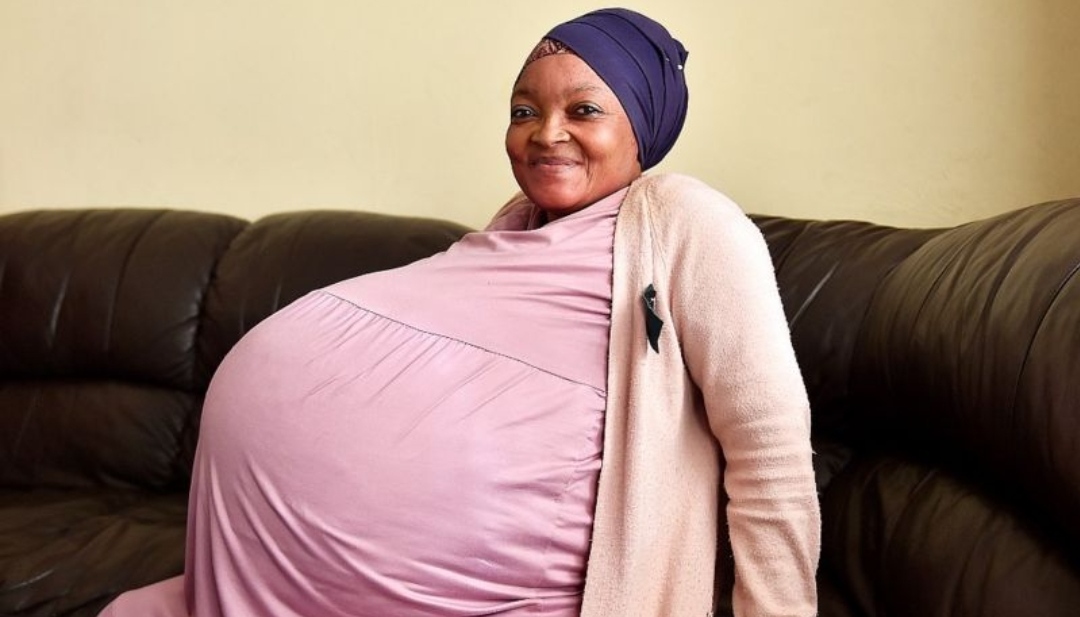An official inquiry has debunked claims that South African woman Gosiame Sithole gave birth to 10 babies in June.
The inquiry carried out by the provincial government of Gauteng where Sithole purportedly delivered 10 babies said no hospitals in the province have a record of decuplets being born.
The inquiry which noted that Ms Sithole had not even been pregnant recently, did not elaborate on the reasons behind the fabrication of the story.
Where did the story come from?
The birth of a surprise 10 babies was announced by Pretoria News on 8 June by editor-in-chief of Pretoria News, Piet Rampedi quoting Sithole's husband, Mr. Teboho Tsotetsi as the source.
Rampedi later said he had received text messages from his partner telling him about it, adding he was not allowed at the hospital because of coronavirus restrictions.
The Editor-in-Chief also relied on WhatsApp messages – and did not get independent confirmation from the hospital of the story.
Gauteng local mayor confirmed the births – which is when other outlets, including the BBC, published the story – but a government spokesman later said the politician only had the family’s word and no-one had yet seen the babies.
Donations began flooding in for the couple and their reported babies, dubbed the “Thembisa 10”, including 1m rand ($70,000; £50,000) from IOL chairman Iqbal Survé.
But the story drew suspicion after Pretoria News initially failed to disclose the hospital where the babies were born and a series of hospitals in Gauteng came out to deny their involvement.
The couple seemed to fall out in the aftermath with Mr Tsotetsi reporting her missing and asking people to stop donations a week later, while Ms Sithole accused him of wanting to benefit financially from the babies, the Pretoria News reported.
Social workers managed to track down Ms Sithole and she was admitted to hospital for tests last Friday, the Gauteng provincial authorities say.
A leaked memo seen by News24 alleges that Rampedi has recently apologised to Independent Online (IOL), the media group which owns the Pretoria News for “the reputational damage” the story has caused the group, saying he should have treated it more like an investigative piece rather than a “feel-good story”.








